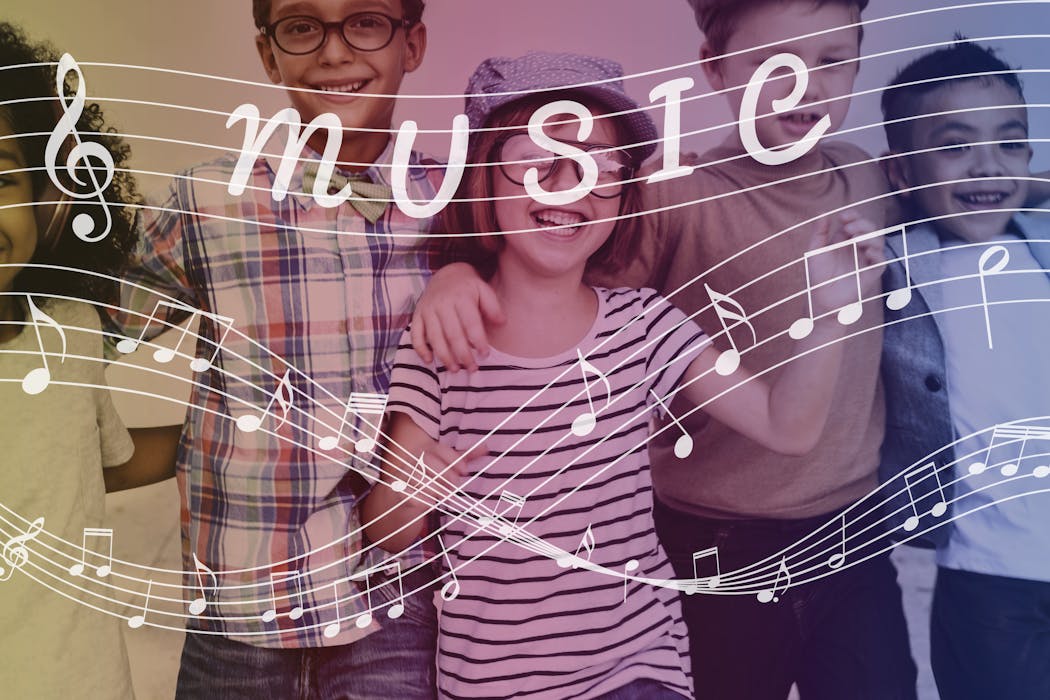Music has a unique ability to tap into our emotions and express what words alone cannot. It has the power to evoke memories, stir up feelings, and provide an outlet for self-expression. Whether it’s through the lyrics of a song or the melody of a piece of music, music has the ability to connect with us on a deep and personal level. This is why music is often used as a form of therapy, as it can help individuals process and express their emotions in a way that is both cathartic and healing.
Furthermore, music has the ability to transcend language and cultural barriers, making it a universal form of expression. It has the power to bring people together, create a sense of community, and foster a sense of belonging. Whether it’s through singing in a choir, playing in a band, or simply listening to music with others, music has the ability to create connections and build relationships. This is why music is often used in group therapy settings, as it can help individuals feel less isolated and more connected to others.
Understanding Therapeutic Songwriting
Therapeutic songwriting is a form of expressive therapy that uses the process of writing and creating music to help individuals explore and express their emotions. It can be a powerful tool for self-discovery, healing, and personal growth. Through the process of writing lyrics, composing melodies, and arranging music, individuals can gain insight into their thoughts and feelings, as well as find a sense of empowerment and agency in their own lives.
Therapeutic songwriting can take many forms, from writing personal songs about one’s own experiences to collaborating with others to create music that reflects shared emotions and experiences. It can be done individually or in a group setting, and can be tailored to meet the specific needs and goals of each individual. Therapeutic songwriting can also be used in conjunction with other forms of therapy, such as talk therapy or art therapy, to provide a holistic approach to healing and self-expression.
How Songwriting Can Help Heal Emotional Wounds
Songwriting can be a powerful tool for healing emotional wounds. By putting words to our emotions and setting them to music, we can gain a sense of clarity and understanding about our experiences. This process can help us process difficult emotions, such as grief, trauma, or heartbreak, and provide a sense of release and relief. In addition, the act of creating something beautiful out of pain can be incredibly empowering and can help individuals reclaim their sense of agency and resilience.
Furthermore, songwriting can provide a sense of validation and affirmation for our experiences. By putting our emotions into words and music, we can feel seen and heard, both by ourselves and by others. This can be especially powerful for individuals who have experienced trauma or have felt silenced or invalidated in the past. Through songwriting, individuals can find a sense of validation and empowerment that can help them heal and move forward.
Connecting with Others Through Music
Music has the ability to bring people together and create connections that transcend language and cultural barriers. Whether it’s through singing in a choir, playing in a band, or simply listening to music with others, music has the power to create a sense of community and belonging. This is why music is often used in group therapy settings, as it can help individuals feel less isolated and more connected to others.
In addition, creating music with others can provide a sense of collaboration and shared purpose that can be incredibly fulfilling. Whether it’s through writing songs together, performing music as a group, or simply sharing in the experience of creating music, the act of making music with others can create a sense of camaraderie and support that can be incredibly healing.
Overcoming Mental Health Challenges Through Songwriting
Songwriting can be a powerful tool for individuals who are struggling with mental health challenges. By putting words to their emotions and setting them to music, individuals can gain insight into their thoughts and feelings, as well as find a sense of empowerment and agency in their own lives. This process can help individuals process difficult emotions, such as anxiety, depression, or trauma, and provide a sense of release and relief.
Furthermore, songwriting can provide a sense of validation and affirmation for individuals who are struggling with mental health challenges. By putting their emotions into words and music, individuals can feel seen and heard, both by themselves and by others. This can be especially powerful for individuals who have felt silenced or invalidated in the past. Through songwriting, individuals can find a sense of validation and empowerment that can help them heal and move forward.
Tips for Getting Started with Therapeutic Songwriting
If you’re interested in exploring therapeutic songwriting for yourself, there are a few tips that can help you get started. First, find a quiet and comfortable space where you can focus on your thoughts and feelings without distractions. Set aside some time each day to sit down with your thoughts and see what comes up.
Next, consider keeping a journal or notebook where you can jot down your thoughts, feelings, and ideas for lyrics or melodies. This can help you track your progress and provide a space for reflection on your creative process.
Finally, don’t be afraid to experiment with different styles of music or writing. There are no rules when it comes to therapeutic songwriting, so feel free to explore different genres, tempos, or lyrical styles until you find what feels right for you.
Finding Your Authentic Voice Through Music
One of the most powerful aspects of therapeutic songwriting is the opportunity to find your authentic voice through music. By exploring your thoughts and feelings through writing and creating music, you can gain insight into your own experiences and find a sense of empowerment in expressing yourself authentically.
Finding your authentic voice through music can be incredibly empowering and can help you build confidence in yourself and your abilities. By expressing your thoughts and feelings through music, you can gain insight into your own experiences and find a sense of validation for your emotions.
In conclusion, therapeutic songwriting is a powerful tool for self-expression, healing, and personal growth. Whether you’re struggling with emotional wounds or mental health challenges, or simply looking for a way to connect with others through music, therapeutic songwriting can provide a space for exploration, validation, and empowerment. By exploring your thoughts and feelings through writing and creating music, you can gain insight into your own experiences and find a sense of empowerment in expressing yourself authentically. Whether you’re writing songs about your own experiences or collaborating with others to create music that reflects shared emotions and experiences, therapeutic songwriting has the power to bring people together and create connections that transcend language and cultural barriers. So if you’re looking for a way to explore your emotions, connect with others through music, or simply find your authentic voice through songwriting, consider giving therapeutic songwriting a try.
Find out how Torongo Therapyplus can help you with your needs. Get in touch with us at smile@torongo.life, or call us on 02 8809 9965.































